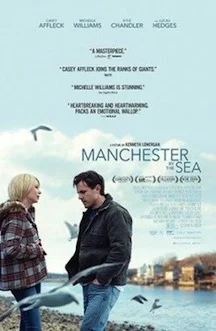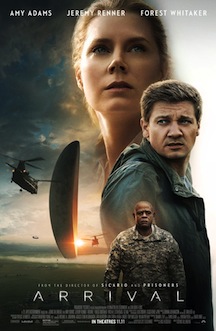Directed by Jim Jarmusch
Country: USA
If you haven’t had your good doses of weird reality and gratifying laughter for the day, “Paterson”, the sensational new comedy-drama from the hip American writer-director Jim Jarmusch, can assure you both.
The quality of his work is patented in cult films such as “Ghost Dog”, “Broken Flowers”, “Dead Man”, “Only Lovers Left Alive”, “Mystery Train”, and the black-and-white classics “Stranger Than Paradise” and “Down By Law”.
Jarmusch takes you to the city of Paterson, New Jersey, and introduces you to… Paterson, a local bus driver and poet, brilliantly played by Adam Driver, who experiences the same routine every day.
The amiable and often-lost-in-thought Paterson, who hates cell phones and is able to write a mind-blowing poem just by looking at a simple box of matches, lives with his girlfriend, Laura (Golshifteh Farahani), and her jealous English bulldog, Marvin.
Every evening he takes Marvin for a walk and stops at the local pub to have a beer with the owner, Doc (Barry Shabaka Henley), his best friend and a chess aficionado.
Despite the casual conversation, the bar always reserves exceptional surprises. Firstly, he has a sort of encounter of the third kind when he meets two twins, Sam & Dave (alluding to the soul/R&B duo); then it’s Everett (William Jackson Harper) who pulls a gun from his pocket to claim love from Marie (Chasten Harmon); finally it’s Doc, censured by his angry wife whose saving money vanished from the cookie jar.
Surprises also happen at work and home.
Laura, a sensitive night dreamer, is trying to earn some extra by baking cupcakes to sell, a business with strong probabilities of success. However, she just found out she wants to become a singer and guitarist. Her plan is to buy a Harlequin guitar and learn how to play it. The price is not cheap but she counts on Paterson to help her financially.
Paterson's good nature reflects a passive calmness that is never shaken. Not even when Marvin tears his poem notebook into pieces or when his bus suddenly breaks down in the middle of the street due to an electrical problem.
For the finale, Jarmusch reserved us a hilarious encounter between the title character and a visiting Japanese poet. The scene still makes me laugh whenever it pops up into my mind.
Relying on the amazing editing of Affonso Gonçalves, the director has planned everything smartly with a languid composure, controlled pace, and refreshing sincerity. He has this very peculiar sense of filmmaking – nonchalant, highly artistic, and still unpretentious – that makes him one of the most cherished indie filmmakers from our times.
I love the fact that he always assures room to breathe while the story keeps flowing in a naturalistic way.
Chaining simplicity to irony is part of the secret.






















































